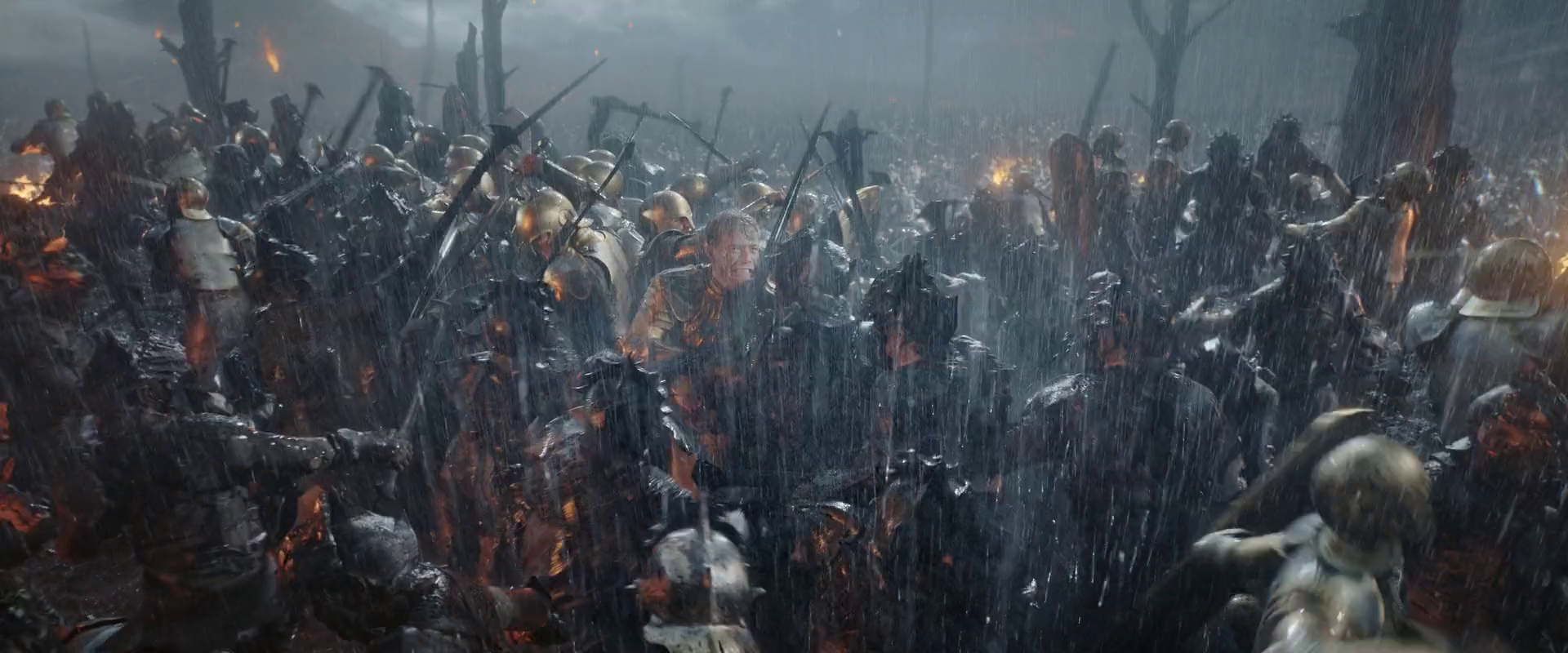Mad Swede
 Auror
Auror
Speaking from personal combat experience I wouldn't recommend any film for it's accurate depiction of warfare of any sort. The reason is that combat is so very personal, in terms of emotions, intensity and awareness of the wider situation. The tension, the fear, the uncertainty, the hope, the relief and exhaustion when it's all over and you've made it. There's no way of capturing all that on film, and I've never managed to describe it well in writing either.Can't help but be curious now: what would you recommend cinematically for accurate depictions of medieval warfare?


 Archmage
Archmage
 Troubadour
Troubadour Myth Weaver
Myth Weaver